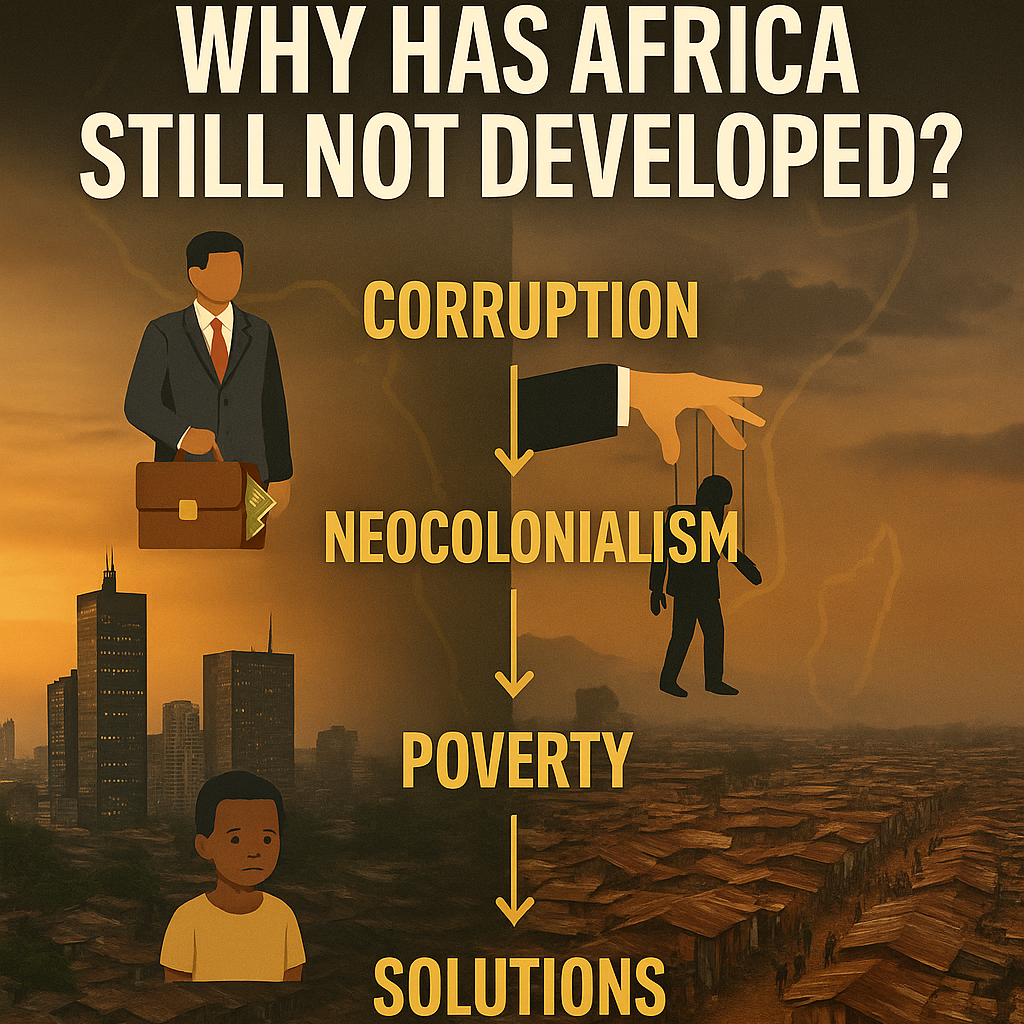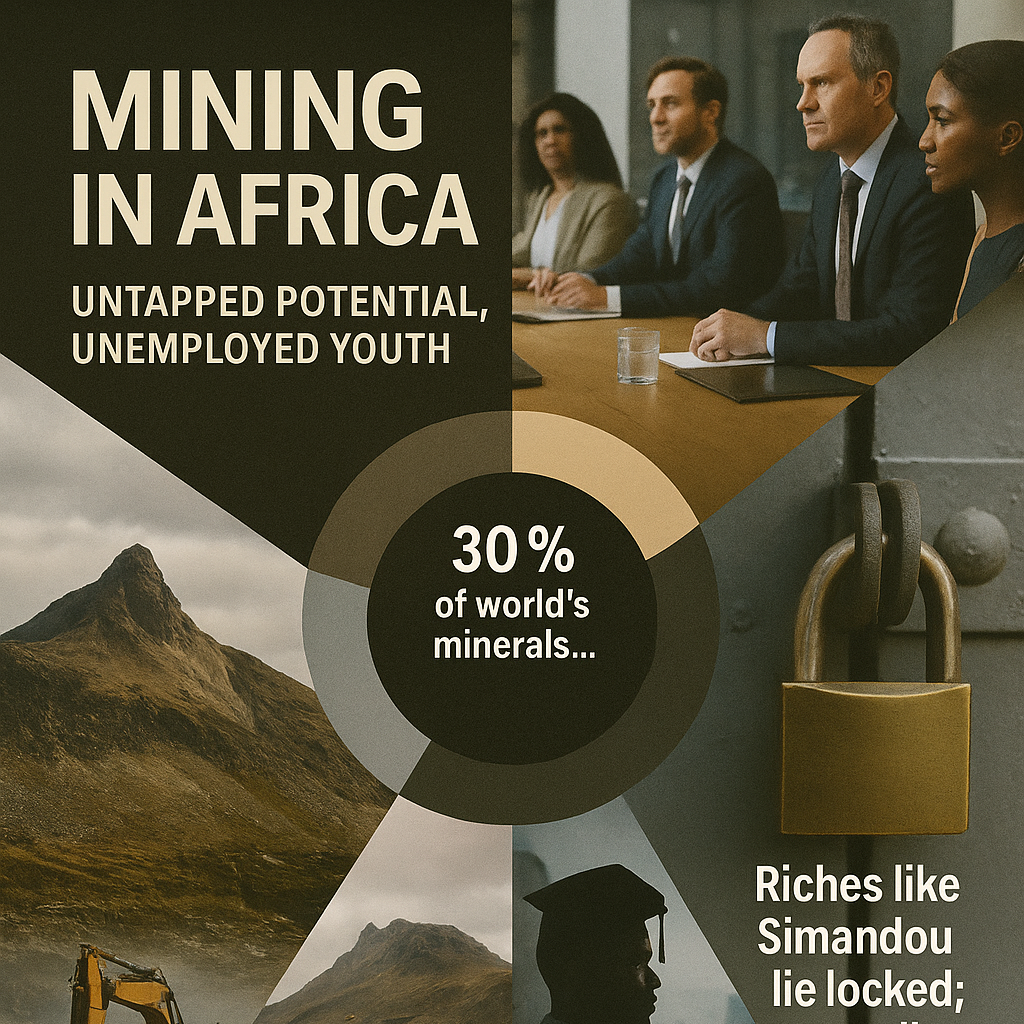A thoughtfully worded message that touches on the historical context of colonialism, the impact on African parenting mindsets, and how that has influenced innovation:
Breaking the Cycle: A Reflection on Innovation and Parental Expectations in Post-Colonial Africa
Colonialism didn’t just steal resources—it reshaped identities, crushed self-worth, and redefined what “success” looked like in African societies. In the aftermath, many African parents, having lived through or inherited the trauma of colonial systems, came to equate stability with prestige careers—doctors, lawyers, engineers. These professions were seen as a way out of poverty, a badge of honor, and most importantly, protection from the humiliation of the past.
But in doing so, something vital was lost.
Innovation, creativity, and invention—things that require risk, curiosity, and often, the freedom to fail—were discouraged. Building something new wasn’t as celebrated as getting a white-collar job. Our dreams were filtered through fear and survival, not passion and purpose. And while the intentions of our parents were rooted in love and protection, the result was often the stifling of potential. Generations of African innovators, artists, and inventors were never born because their dreams were quietly buried under expectations.
It’s time to change that. It’s time to embrace creativity, encourage bold ideas, and recognize that the future of Africa won’t just be built in hospitals and courtrooms—but also in labs, studios, workshops, and garages.
Certainly! Here’s the same message restructured into bullet points for clarity and impact:
How Colonialism and Parental Expectations Have Affected Innovation in Africa
- Colonial legacy disrupted identity and creativity:
- Colonialism didn’t just extract resources—it imposed foreign values, destroyed indigenous systems, and redefined what success meant.
- Africans were often taught to devalue their own culture, innovation, and ways of thinking.
- Post-colonial survival shaped parental mindsets:
- After independence, many African parents prioritized security and social status over creativity.
- “Safe” professions like medicine, law, and engineering became the ultimate goals.
- Innovation took a back seat:
- Risk-taking, creativity, and invention were seen as unstable or unrealistic.
- Talented children with potential to be inventors, creators, or entrepreneurs were often steered away from their passions.
- Fear, not failure, was the enemy:
- Parents, shaped by trauma and economic hardship, feared anything that didn’t guarantee a steady income.
- As a result, many dreams were suppressed before they had a chance to grow.
- The unintended consequence:
- Generations of lost inventors, builders, and visionaries.
- Africa’s innovation ecosystem suffered not from a lack of talent, but from a lack of support and belief.
- The way forward:
- We must now celebrate creativity and support diverse career paths.
- True development lies in empowering our youth to think, build, and dream freely.


